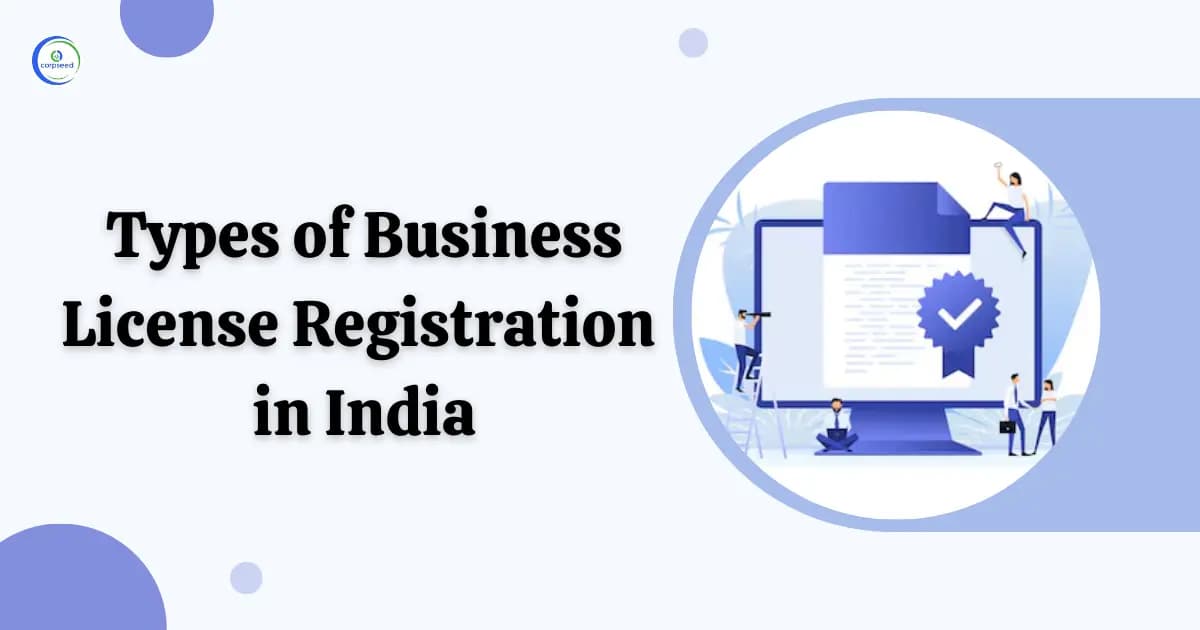
Loading...

The establishment of a business in India requires navigation through the complex landscape of regulations and compliance requirements.
About the Author

Parul Bohral, a BALLB graduate and experienced legal researcher and content writer with expertise in various legal areas, including corporate law and intellectual property. I have gained valuable experience in esteemed legal environments, where I have strengthened my research skills, allowing me to approach legal writing with precision and depth.
As a legal content writer, I am committed to delivering work that not only informs but also engages readers. By staying informed about the latest trends in content marketing and regulatory developments, I ensure that my writing remains sophisticated and meets industry standards. My dedication to thorough research enables me to craft content that is both insightful and impactful.
Related articles

What is the Compliance Checklist for Startups (2026)?
2026-02-17

Project Setup Compliance Services in India
2025-05-09

What are the Compliance Requirements to Start an Authorized Car, Bicycle, Auto, Personal or Commercial Vehicle Dealership in India?
2025-05-06

Important Registrations and Licenses required for Start-ups
2025-02-21

What are the Permits Required to Set up a Business in India?
2025-02-20

How Can I get a Business License in India?
2025-02-19